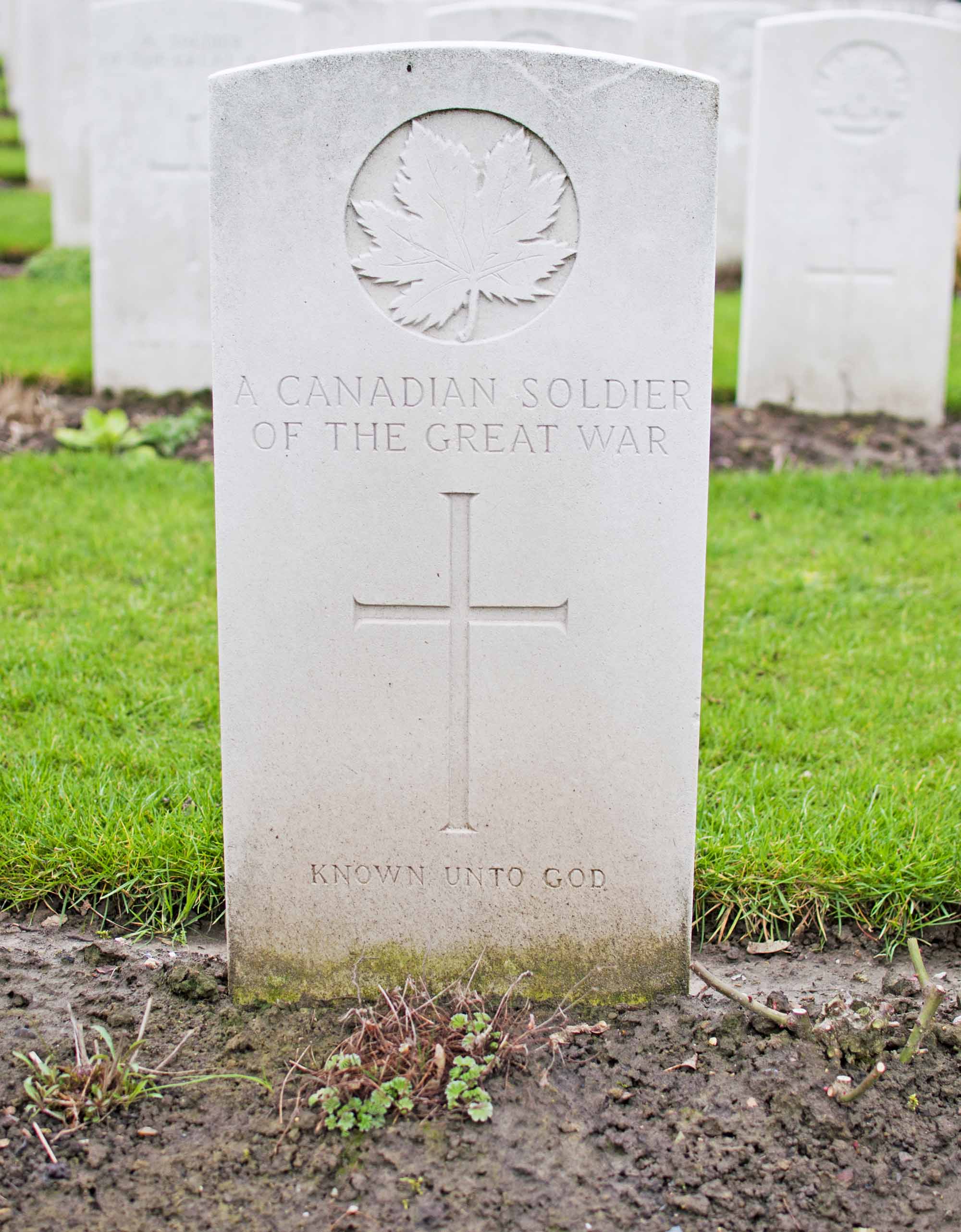
A Soldier's Memories
Paul Gross was only 15, out fishing one day with his grandfather, when the
"It was kind of an auspicious day," Gross remembers, "because he let me drive the boat.
"I had always had questions — 'Did you kill Germans, did you bayonet people?' — and he'd always brush them off. But this day for some reason he started to talk. He told me a story of being on patrol with a small group of guys in a village. They encountered a German machine-gun nest and there was an awful battle that went on for hours, until virtually everyone was killed in his outfit.
"I'll just never forget it. It was one of those moments when this door opens on adulthood — you can suddenly see that there are mortal consequences to life — and I think it's because of that that I've wanted to do something about the war."
Passchendaele
Gross, best known for playing Mountie Benton Fraser on the TV series Due South, or for playing skip in the curling comedy Men With Brooms, is now turning his moviemaking talents toward a very different kind of story — a film called Passchendaele — based on the Canadian experience in the First World War.
He's reluctant to discuss details, except that the screenplay is complete, the budget is approaching $20 million, and shooting should begin next spring on the open plains of Canadian Forces Base Suffield,
"It's a huge challenge. Nobody in
Whatever the result, the film is the culmination of years of dreaming and thinking about the Great War and the men like his grandfather who endured it. "I've got shelves behind me full of First World War stuff," Gross said in a telephone interview. "I've been reading about this forever.
"Passchendaele is something that I've wanted to do — to use my grandfather as a springboard for something — for ages I guess."
Few Wartime Films
Gross grew up around the military. His father was a career army officer who commanded tank squadrons during the Korean and Cold Wars, and Gross spent his childhood hopping between army bases in
But he's quick to point out his fascination with the subject stems not from a jingoistic romance but from a genuine concern with history and memory.
"I think war should obviously be avoided at all costs; however, we've got to look back at people like my grandfather and the 600,000 that enlisted — and the 56,500 that were killed in that war — and say, rightly or wrongly, they did this on our behalf. To lose that memory would be tragic for this nation's future."
Eighty-seven years after the guns fell silent on the Western Front, Gross considers
"In the popular culture it's certainly drifted out, and it recedes every year," he says. "It's always seemed strange to me in our country that while we have some wonderful novels, and terrific historians to cope with our involvement in two significant wars, our film record is largely absent."
Nation Shaped By War
Part of the problem is Canadians may be reluctant to explore their own wartime past — a reaction, he says, of our embarrassment at living next door to a superpower that constantly mythologizes its military.
But like it or not, says Gross, war is a central feature of human history, and any society that fails to understand its military triumphs and tragedies does so at its peril. Consider the risks for
"You have to go back to the origins of a country, and renew the reasons for why a country exists," he says.
"Today we are a country that could disappear very quickly. One of the possible reasons for it to disappear, should that happen, will be if we forget where we come from. We were very young [in 1914] as a country — only about 40 years old — and went into this crucible of the war and came out as a fully formed nation. I think it's very important we recognize that.
"We should take enormous pride in our military history, too. We've always done yeoman service. Most Canadians don't know how accomplished we were in our sacrifice, or our forefathers' sacrifice.
"There is a way of celebrating, honouring and being proud of our military service and our warriors without turning it into a pantheon of Greek gods. We should honour and respect what those men did for us. We sell ourselves short, and we do ourselves and our nation's history a great disservice, if we ignore it."
(Note: Passchendaele was released in 2008. In 2015, Gross released his next war movie, Hyena Road, about the war in Afghanistan.)


 Share on Facebook
Share on Facebook Share on X
Share on X Share by Email
Share by Email Share on Google Classroom
Share on Google Classroom





